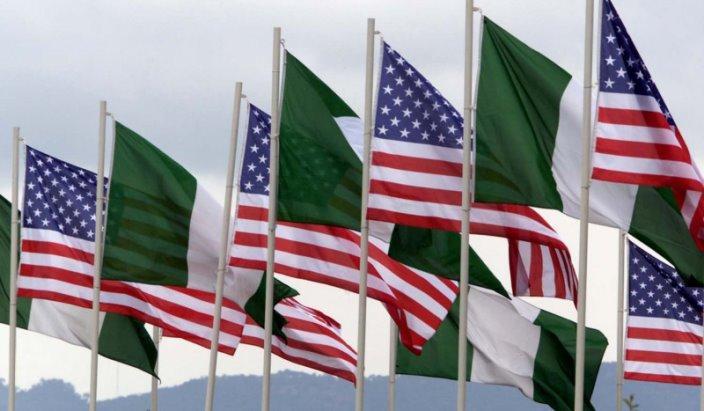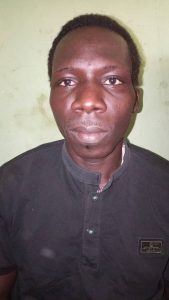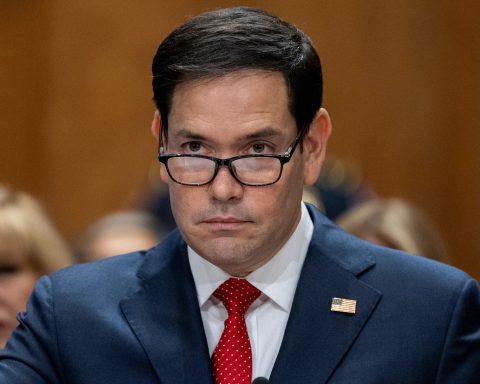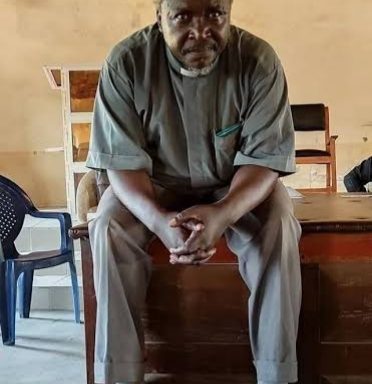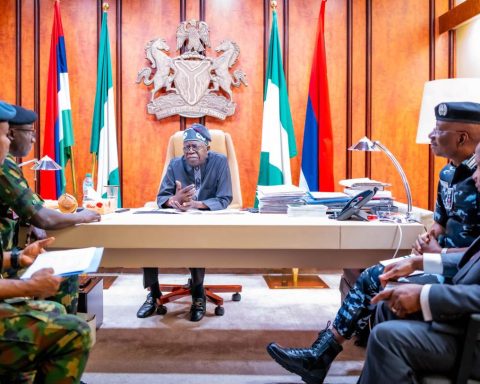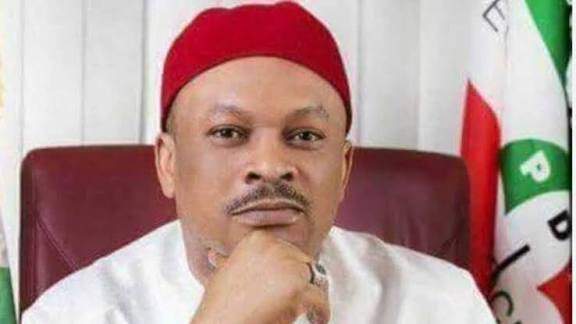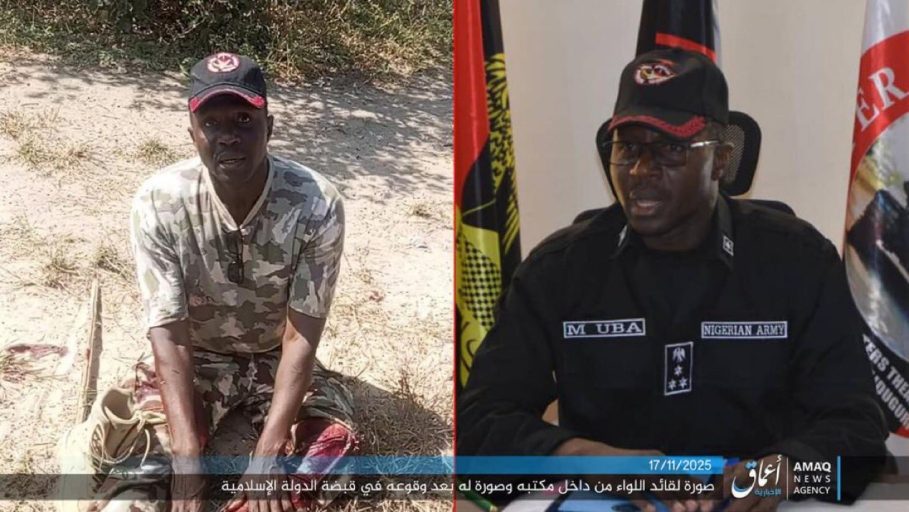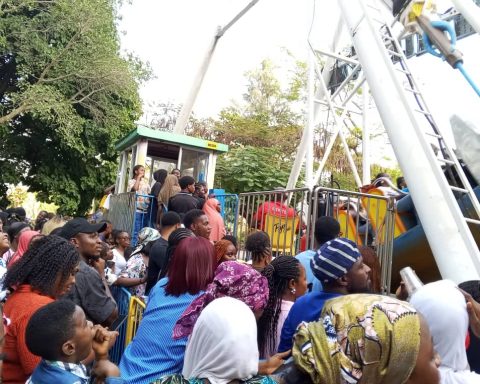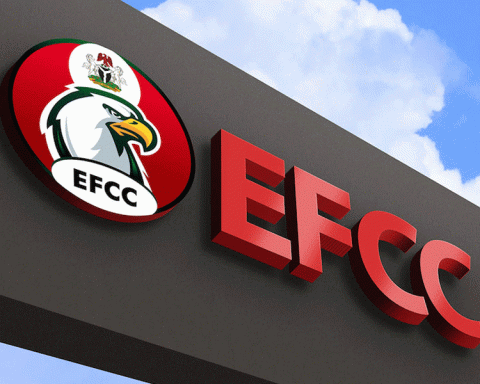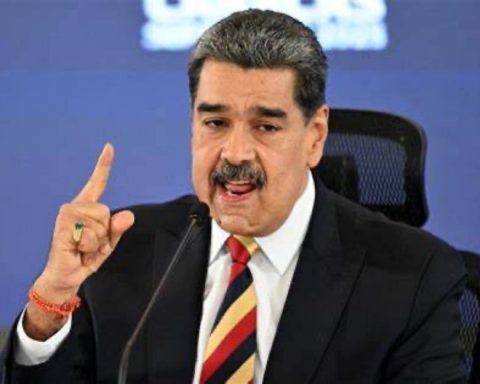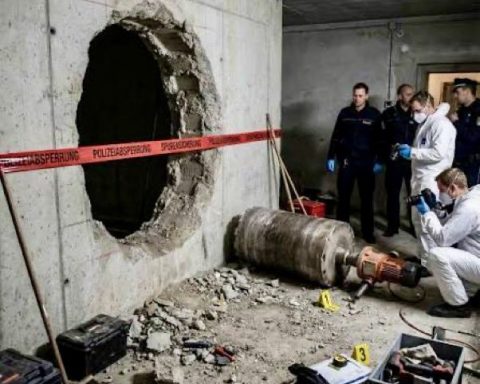The United States is ramping up scrutiny of Nigeria over the alleged persecution of Christians, with congressional hearings, sanctions, and the potential for military action now on the table.
The U.S. House of Representatives Subcommittee on Africa will hold an open hearing on Thursday, November 20, 2025, to examine President Donald Trump’s recent redesignation of Nigeria as a Country of Particular Concern (CPC) for religious freedom violations.
The hearing, scheduled for 11:00 a.m. in Room 2172 of the Rayburn House Office Building and available via live webcast, will be chaired by Representative Chris Smith and feature two panels of witnesses, including senior U.S. State Department officials and Nigerian religious leaders.
Join our WhatsApp ChannelPanelists will include Senior Bureau Official of the Bureau of African Affairs Jonathan Pratt, Deputy Assistant Secretary of the Bureau of Democracy, Human Rights, and Labor Jacob McGee, the Director of the Centre for Religious Freedom Nina Shea, Bishop Wilfred Anagbe of Makurdi Catholic Diocese, and Oge Onubogu of the Centre for Strategic & International Studies.
The hearing is expected to review the scope of religious persecution in Nigeria and potential U.S. policy responses, including targeted sanctions, humanitarian assistance, and collaboration with Nigerian authorities.
Trump’s designation, issued on October 31, 2025, cites severe violations of religious freedom, particularly the targeting of Christians by Islamist militants. Trump has warned that the U.S. could halt all aid and even take military action if Nigeria does not address the issue.
In a Truth Social post on November 1, he said, “If the Nigerian Government continues to allow the killing of Christians, the USA will immediately stop all aid and assistance to Nigeria, and may very well go into that now-disgraced country, ‘guns-a-blazing,’ to completely wipe out the Islamic terrorists who are committing these horrible atrocities.”
Nigeria’s President Tinubu has rejected these claims, insisting that they misrepresent the country’s constitutional commitment to religious liberty. In a statement, Tinubu said, “Nigeria stands firmly as a democracy governed by constitutional guarantees of religious liberty.
The characterisation of Nigeria as religiously intolerant does not reflect our national reality. Religious freedom and tolerance have been a core tenet of our collective identity and shall always remain so. Nigeria opposes religious persecution and does not encourage it.”
READ ALSO : How Lawmakers Spend Billions On Exotic Cars As Nigerians Battle Hunger
U.S. Military Drafts Three-Tier Intervention Plans for Nigeria After Trump Orders Preparatory Action
However, U.S. lawmakers insist the allegations warrant serious investigation. Republican Congressman Riley Moore, a member of the House Appropriations Committee, told Fox News on Sunday that his office has already begun investigating the situation in Nigeria, working closely with the State Department, the White House, and other congressional stakeholders.
“We’re going to get to the bottom of this,” Moore said, calling the killings “horrific” and vowing, “we, and as President Trump has said it, we’re going to stop this.”
Moore challenged Tinubu’s assertion that the U.S. claims misrepresent Nigeria’s reality. He cited the case of Sunday Jackson, a Christian farmer in Adamawa State sentenced to death for defending himself against a Fulani herdsman attack, and noted that some Nigerian states have blasphemy laws under which individuals face execution.
“There is serious persecution happening in Nigeria,” Moore said. “President Tinubu is in a difficult position and trying to protect his interests, but they are complicit to one degree or another.”
According to Moore, while Muslims are also victims of violence, the killings are disproportionately affecting Christians at a ratio of five to one.
He maintained that the U.S. has a moral responsibility to intervene, stating, “We are a Christian nation and a nation that believes in the values and virtues of standing up for people who are being persecuted.
The designation as a Country of Particular Concern unlocks different levels the President can use against that country sanctions, withholding development dollars, restricting financing and all options are on the table, including military kinetic action.”
Trump has appointed Moore and Appropriations Committee Chairman Tom Cole (R-Okla.) to lead a congressional investigation into the killings. Moore said he and Cole plan to meet with Nigerian officials in Washington and may send delegations to Nigeria as part of the inquiry.
Nigeria, home to over 230 million people and more than 500 languages, has long faced religious and communal tensions. Christians are concentrated in the south, while Muslims dominate northern regions.
Attacks on Christian communities by Boko Haram and ISIS-affiliated militants, as well as violence from militant Fulani herdsmen, have included killings, abductions, and destruction of churches and schools.
Between 2009 and 2023, the International Society for Civil Liberties and Rule of Law reports at least 52,000 Christians killed, 18,500 abducted, and 20,000 churches and schools attacked.
Bishop Wilfred Anagbe of Makurdi Catholic Diocese, who will testify at the congressional hearing, has previously described the destruction of churches and displacement of Christian communities in Benue State.
Speaking in the United Kingdom Parliament earlier this year, he recounted attacks on civilians, forced evacuations to IDP camps, and targeted killings by both Islamist extremists and Fulani herdsmen.
While the United States has no permanent military presence in Nigeria, small advisory teams work with local forces under U.S. Africa Command. Washington has also provided approximately $600 million in security aid over the past decade, primarily for counterterrorism operations in the northeast.
The congressional hearing and ongoing investigations signal heightened U.S. attention on religious freedom in Nigeria, as lawmakers and the Trump administration weigh sanctions, humanitarian responses, and potential military options in response to the reported targeting of Christians.
Amanze Chinonye is a Staff Correspondent at Prime Business Africa, a rising star in the literary world, weaving captivating stories that transport readers to the vibrant landscapes of Nigeria and the rest of Africa. With a unique voice that blends with the newspaper's tradition and style, Chinonye's writing is a masterful exploration of the human condition, delving into themes of identity, culture, and social justice. Through her words, Chinonye paints vivid portraits of everyday African life, from the bustling markets of Nigeria's Lagos to the quiet villages of South Africa's countryside . With a keen eye for detail and a deep understanding of the complexities of Nigerian society, Chinonye's writing is both a testament to the country's rich cultural heritage and a powerful call to action for a brighter future. As a writer, Chinonye is a true storyteller, using her dexterity to educate, inspire, and uplift readers around the world.


